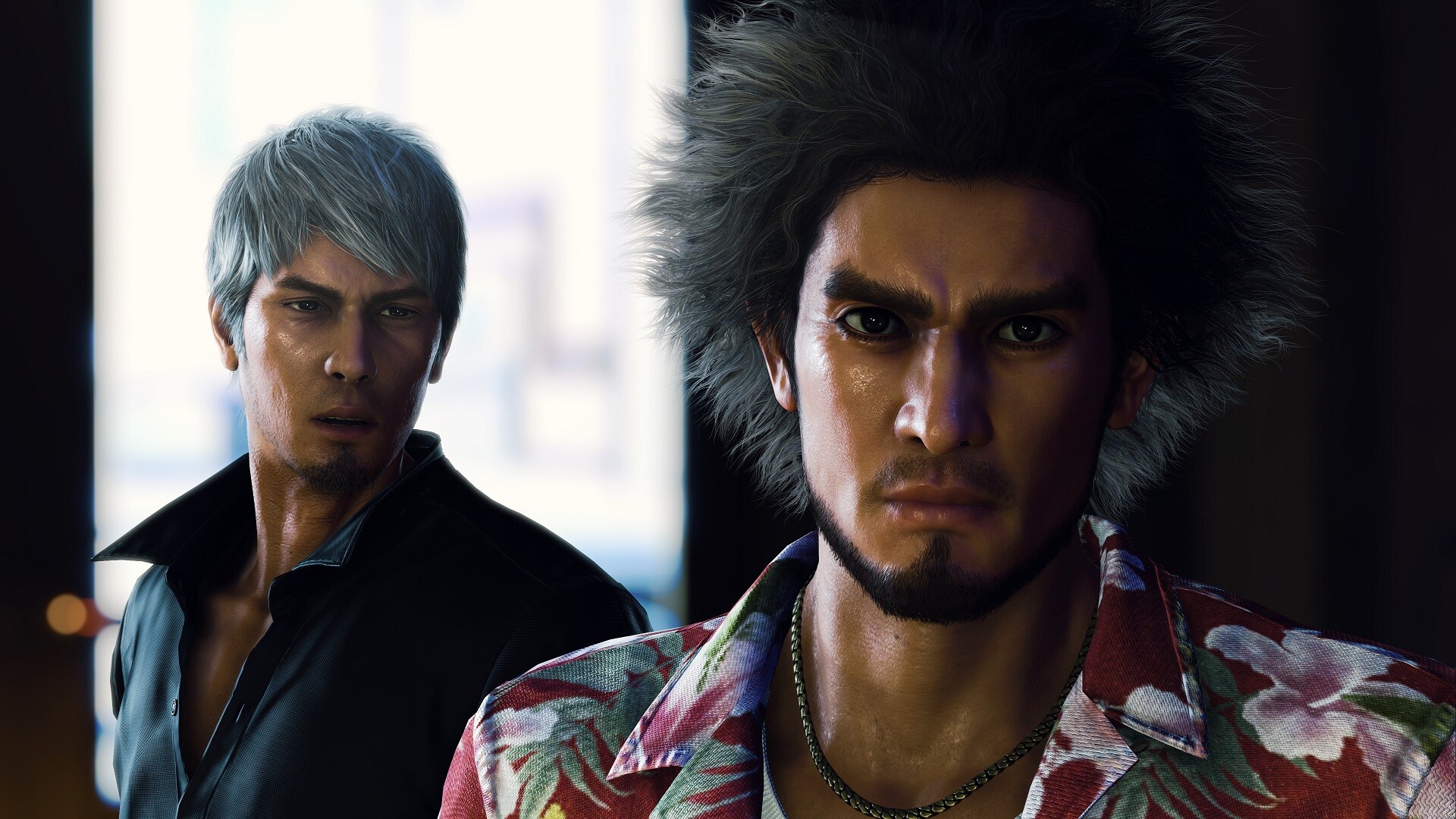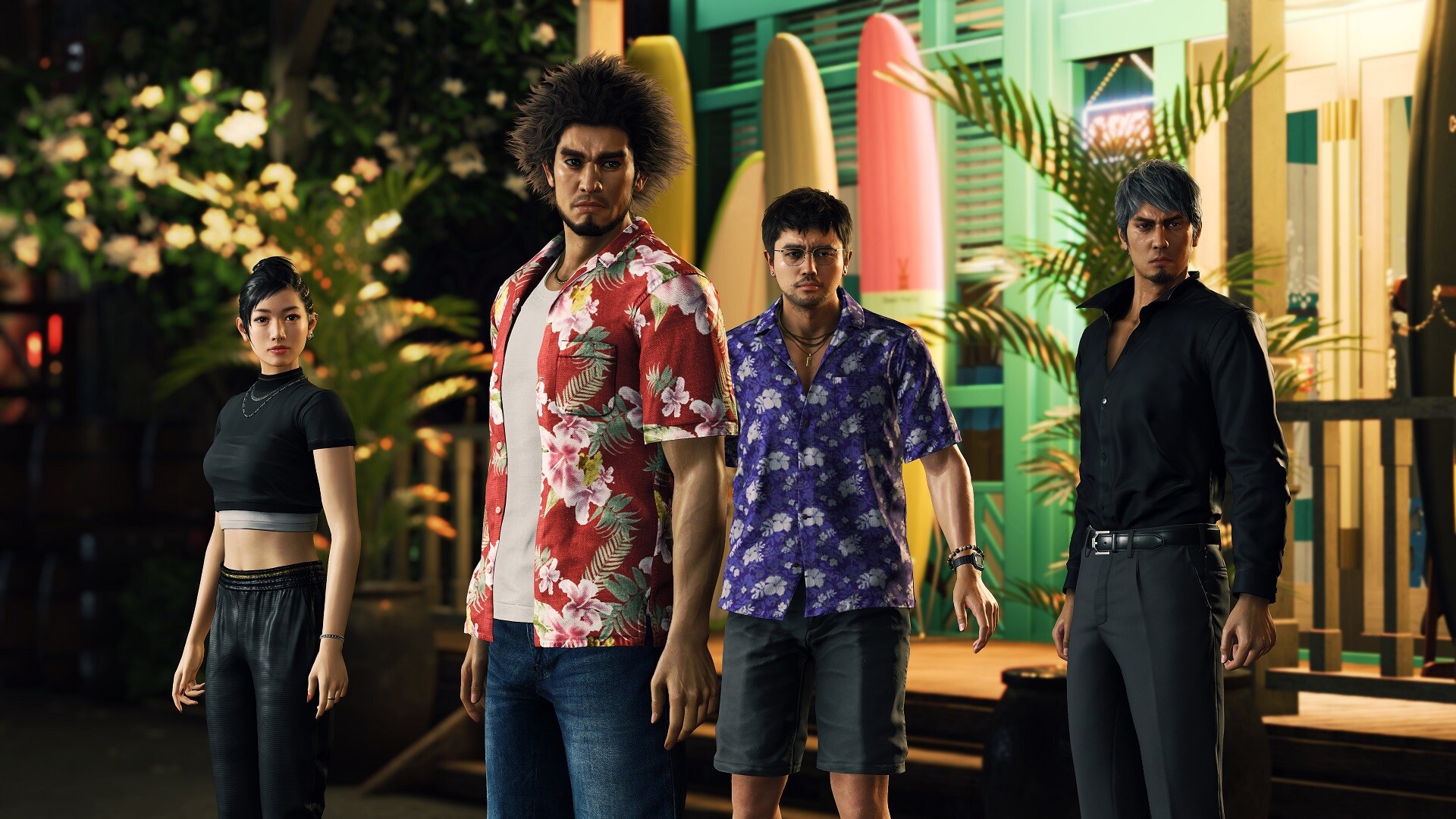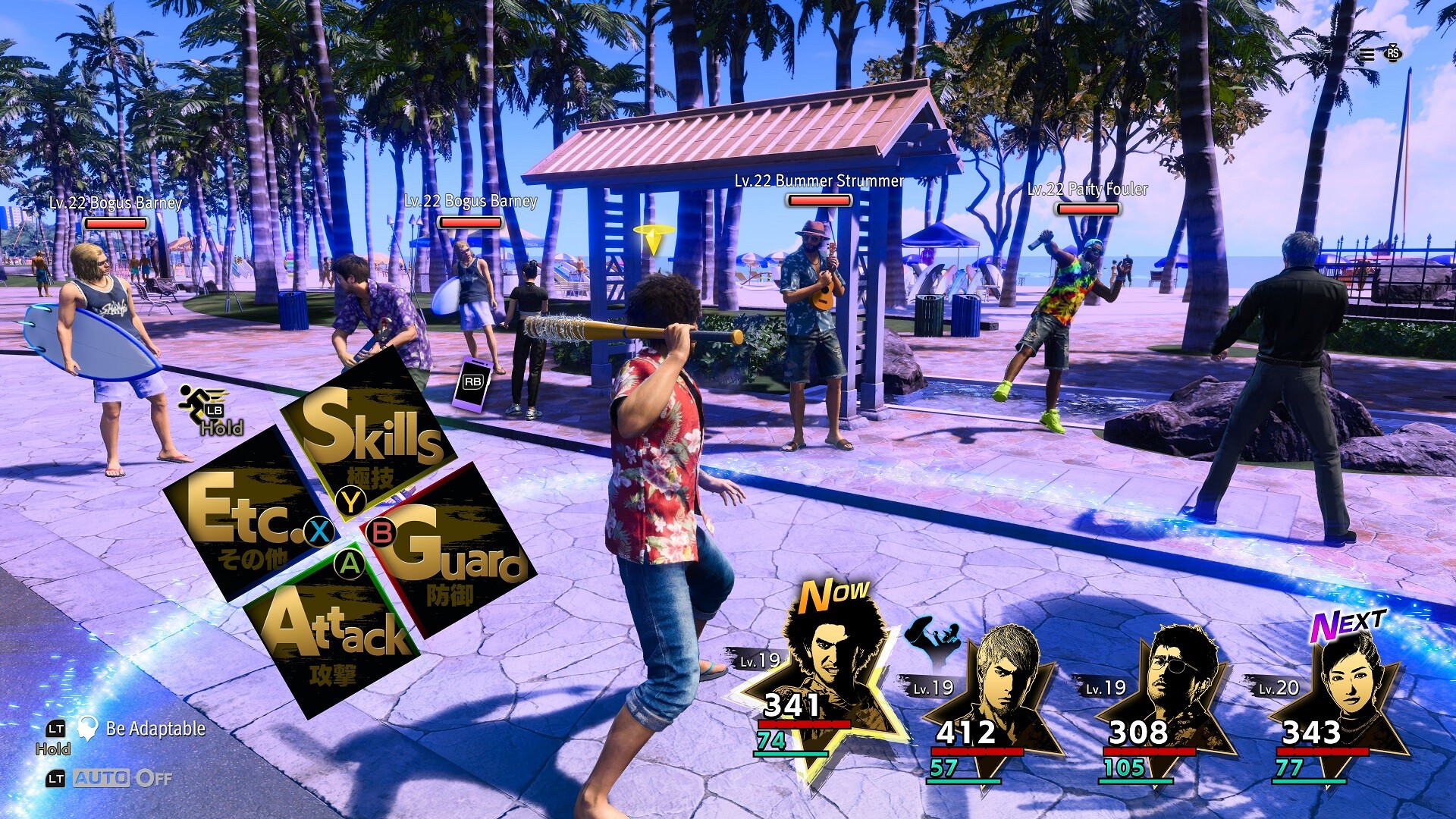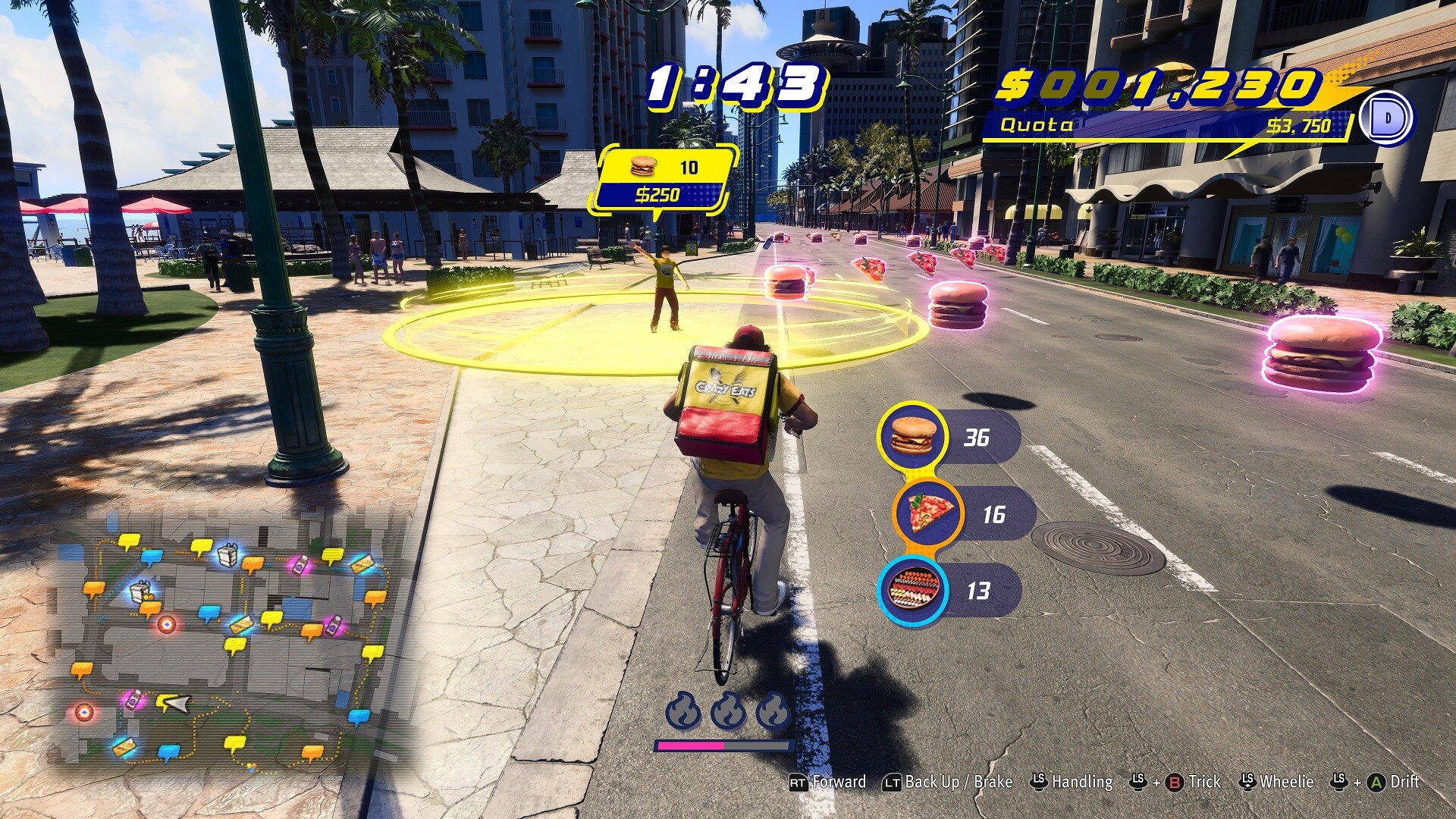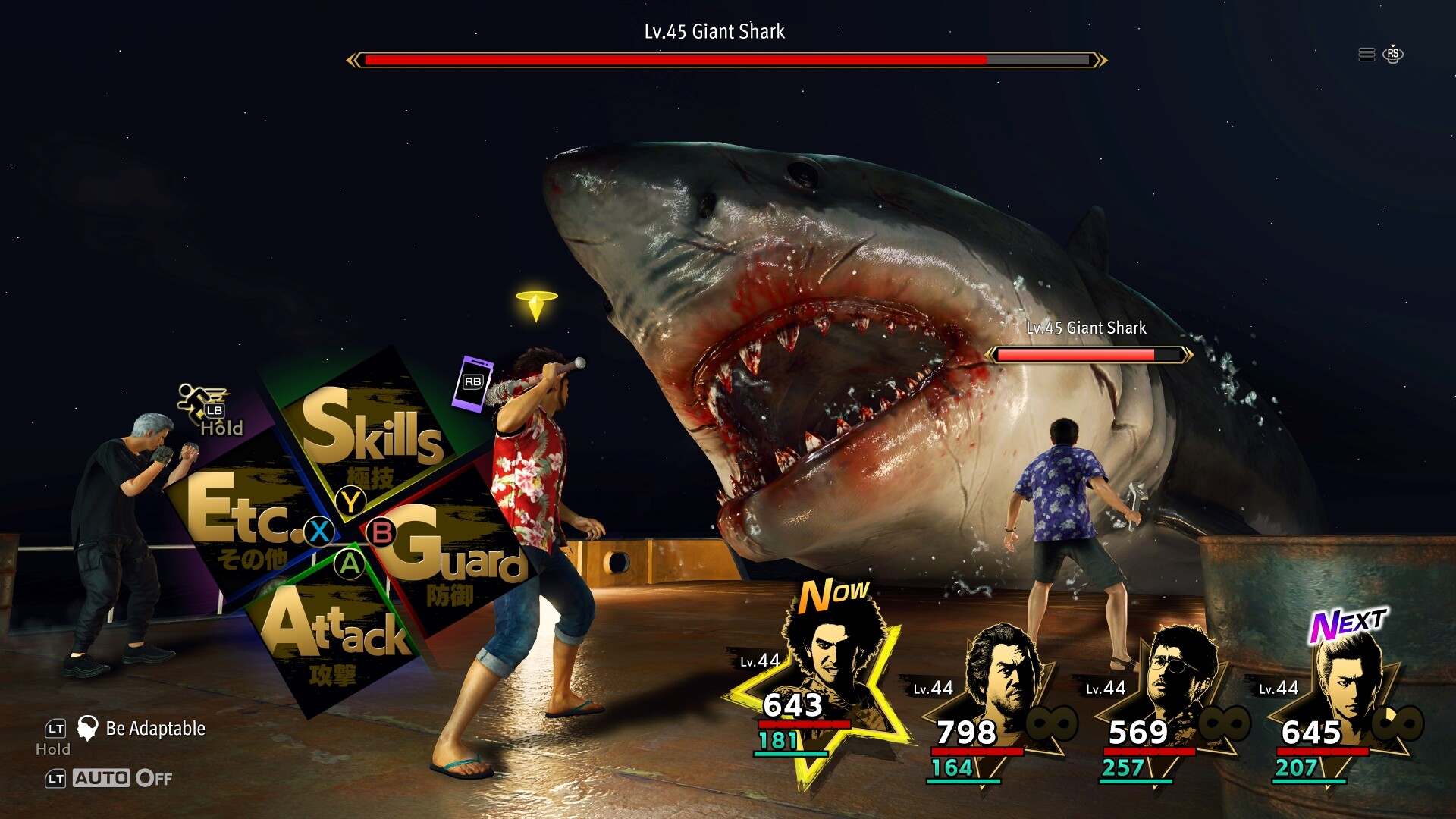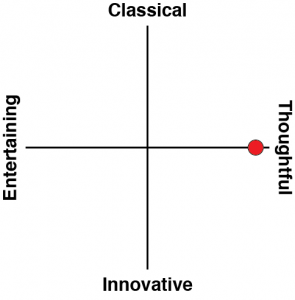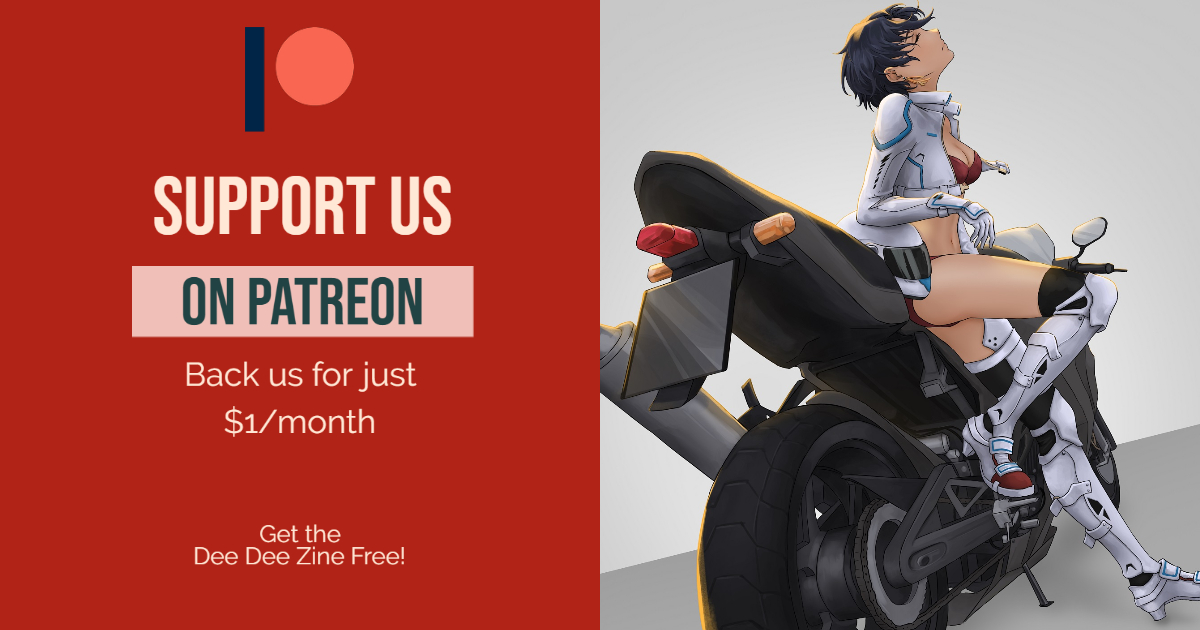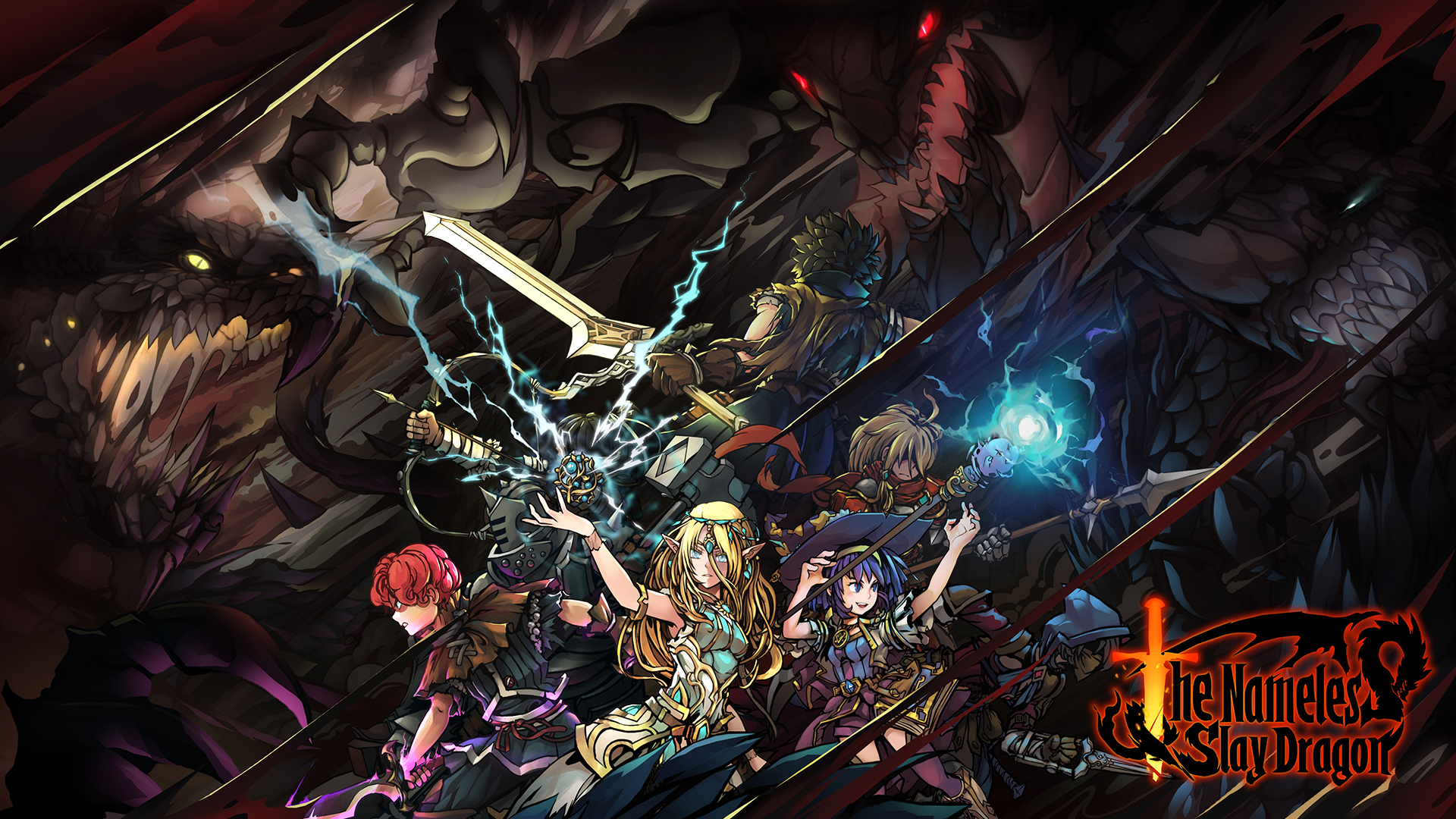Every time it seems like the extended Yakuza franchise might be pushing its luck just a little too far, the development team at Ryu ga Gotoku find some way of reminding us all why it’s such a fine series. Like A Dragon: Infinite Wealth shouldn’t have worked. Pulling Kazuma Kiryu out of yet another retirement for yet another adventure (and yes, while Ichiban Kasuga is the protagonist, Kiryu is, as always, the real focal point) should have been the point where we all collectively said “enough is enough.” In any lesser franchise, we would have done so long ago. But, no, that didn’t happen here and Infinite Wealth is arguably the finest title in the series (at least, since Yakuza 0).
As part of the Like A Dragon sub-series, Infinite Wealth utilises turn-based combat and dials the surrealism of the real-world setting up to 11. As with the original Like A Dragon, Kasuga dreams of being a hero, and that fantasy plays out as he strolls the city’s streets. He’s getting into scraps with street punks, cops, and mobsters, but in his mind, they turn into human-shaped “monsters” as though from his favourite RPG series. Rather than beating them up in real-time, he and his allies all have very traditional RPG-like attacks based on their job classes. And while they’re buying standard clothing and sporting equipment from the stores, in Kasuga’s fantasy they’re weapons and equipment shops.
It’s very surreal, but it’s also quaint and charming, and this delusional outlook on “reality” really supports Kasuga’s extreme naivete and earnestness. He’s a really wonderful character. Thanks to Kasuga’s allies – new and familiar faces alike – being very well-rounded and interesting characters as they interact with him (especially Kiryu, who is going through some extreme drama and remains an enormously sympathetic character), he remains an incredibly effective and believable ex-Yakuza with a heart of gold.
Infinite Wealth is no different to its predecessor in any of this, and indeed it is a little disappointing that the narrative just drops many of the same supporting and bit-role characters and situations on players as the previous game did, even though so much of it takes place in an entirely different country. A few too many of the minigames, features and sidequests do come across as lazily copied and pasted despite the cultural and geographic distance between this game’s setting, and the playgrounds of the previous titles. However, what is not disappointing is the setting itself. Hawaii’s cityscape is vibrant and excitingly different to the Japanese cities of the series to date, and Kasuga’s culture shock and general bewilderment about what’s going on around him feeds into the surrealism that comes through the combat and various other systems.
For those wondering why the developers might take the series to Hawaii, the Japanese have a very long history with the islands – and no I don’t just mean World War 2. Japan had its first contact with Hawaii on May 5, 1806 – almost a century before America annexed it into its empire. That contact was a truly fascinating story, when the Inawaka Maru ship (which was only meant to sail around the Japanese islands) was hit by a snowstorm and forced into the Pacific Ocean. When the crew needed to cut down the mast because the winds were too strong, they were left at the mercy of the ocean without any way to control their sailing, and from January 6 to March 20 watched as their food and water ran out (just imagine how terrifying that must have been). Starving, they were rescued just in time by an American ship. After recovering in Hawaii they attempted to return to Japan.
Unfortunately for them at the time Japan’s borders were closed and while it was not their fault, it was illegal to leave the country. Most of the survivors died of illness on the way back. One of the remaining two committed suicide after the Japanese authorities detained and interrogated him. Only one sailor, Hirahara Zenmatsu, ended up surviving and gaining freedom. Unfortunately, he died anyway, six months later.
Meanwhile, the real-world yakuza have a long history in Japan themselves, having first arrived in the 1880s along with other immigrants to work on sugar plantations. They quickly established a presence on the islands, finding plenty of opportunities to engage in organised crime during an economic boom. They initially focused on gambling and liquor, but branched out soon enough. They continued to profit through World War 2 (Hawaii’s economy did well in feeding the military machine and the yakuza attached themselves to that booming economy too by providing black market services), and then rose to real power in the 1960s-80s, before starting to face in recent years. One of the fascinating things about Infinite Wealth is just how well-researched it clearly was in the way it highlighted the dynamics between yakuza, the Japanese community, and the Hawaiians/Americans. All this historical context is never more than background, but the story that the game tells is entirely authentic to that background, and it gives the game a gravitas of meaning.
Meanwhile, Kasuga, an ex-yakuza who never even had a passport until this trip, is very much out of his depth, and the narrative has fun with the ability for Hawaii to still provide culture shock to the Japanese. Thankfully, Infinite Wealth isn’t a reverse Lost In Translation, so it doesn’t dwell on that side of things too much (culture shock is by far the most annoying motif for both humour and drama when it’s overdone). It’s enough that we know that Kasuga finds the experience to be very different, and sometimes uncomfortable, but because he has a winning attitude, he takes the “weirdness” in his stride, quickly makes friends, and gets on with it. Like with all Yakzua games, the humour and the surrealism exist in a masterful ying & yang relationship with a pretty dark (very dark) neo-noir story of the seedy underbelly of these cities.
I’m not exaggerating how dark and sinister the serious side of the game can be, either. In the narrative Hawaii is a dumping ground for the undesirables from the American mainland, we’re told (I have no idea how true this is in reality). State governments across the nation give the unemployed and homeless one-way tickets to Hawaii, and consequently, the state has the highest homeless rate in the country, as people become trapped an unable to return home.
This has given rise to the Barracudas – a mob group of street thugs that make the Yakuza seem civil and welcoming by comparison. Early on you see how they deal with a homeless guy that crosses them and… yeah. It’s dark stuff. And of course, Kasuga and his group of friends crash headlong into this group soon after, ensuring that there are plenty of moments where the dorky hair and almost innocent wonder at the world gives way to some meaningful beat-downs.
Related reading: On the influence of Japanese cinema in the Yakuza and Like a Dragon series.
Anyone who has played Yakuza games knows how much the narrative twists and pivots from chapter to chapter to keep you continually on your toes while telling a story of shifting allegiances, underhanded ploys and clandestine plots. The only real difference with Infinite Wealth is that everything simply comes across as bigger. The stakes seem higher, the consequences more impactful, and the involvement of each of the characters comes across as a game of much greater impact.
The geography is bigger, too. The Hawaiian cityscape itself is massive, in something of a first for this series. Yakuza games have always had small and condensed “open worlds” to explore, but for whatever reason the developers decided to capture a much bigger chunk of the city this time around. The enemy encounter rate remains high, so you’ll start using the in-game taxis and trolley cars to avoid some of the fighting as you move from location to location to follow the breadcrumbs, but this increase in scale doesn’t come at the expense of the density of activities that we’ve all come to love from this series.
From a fun riff on Crazy Taxi to the more traditional board and parlour games that appear in all Yakuza titles, it is easy to lose sight of the main narrative by being distracted by so many fun things to do. Side quests are where so much of the best humour is found, too, so if you’re too focused on the main narrative you’ll miss much of the joy of the game. If only enemy encounters weren’t so frequent and so difficult to avoid. This has always been an issue with the Yakuza series, but it was hidden by the relatively short distances between everything. Here you can have upwards of a dozen battles when trying to get to your next destination, if you don’t use the fast travel options, and that’s a bit much.
That’s my one and only gripe with Like A Dragon: Infinite Wealth. Otherwise, it’s the grandest vision for the series to date, and adds an entertaining dash of culture shock to the exceptional, and unique blend of the best noir this side of Raymond Chandler and the surreal, offbeat, sharp humour. Once again, it really should be the last adventure for these heroes, and yet if the writers at Ryu ga Gotoku have more plans for them yet, be that somehow more sequels, prequels, or spinoffs, I am quite sure they’ll be able to hook us in all over again.
Buy this game on Amazon (Buy purchasing on Amazon you support DDNet, which earns a small commission on each sale)
